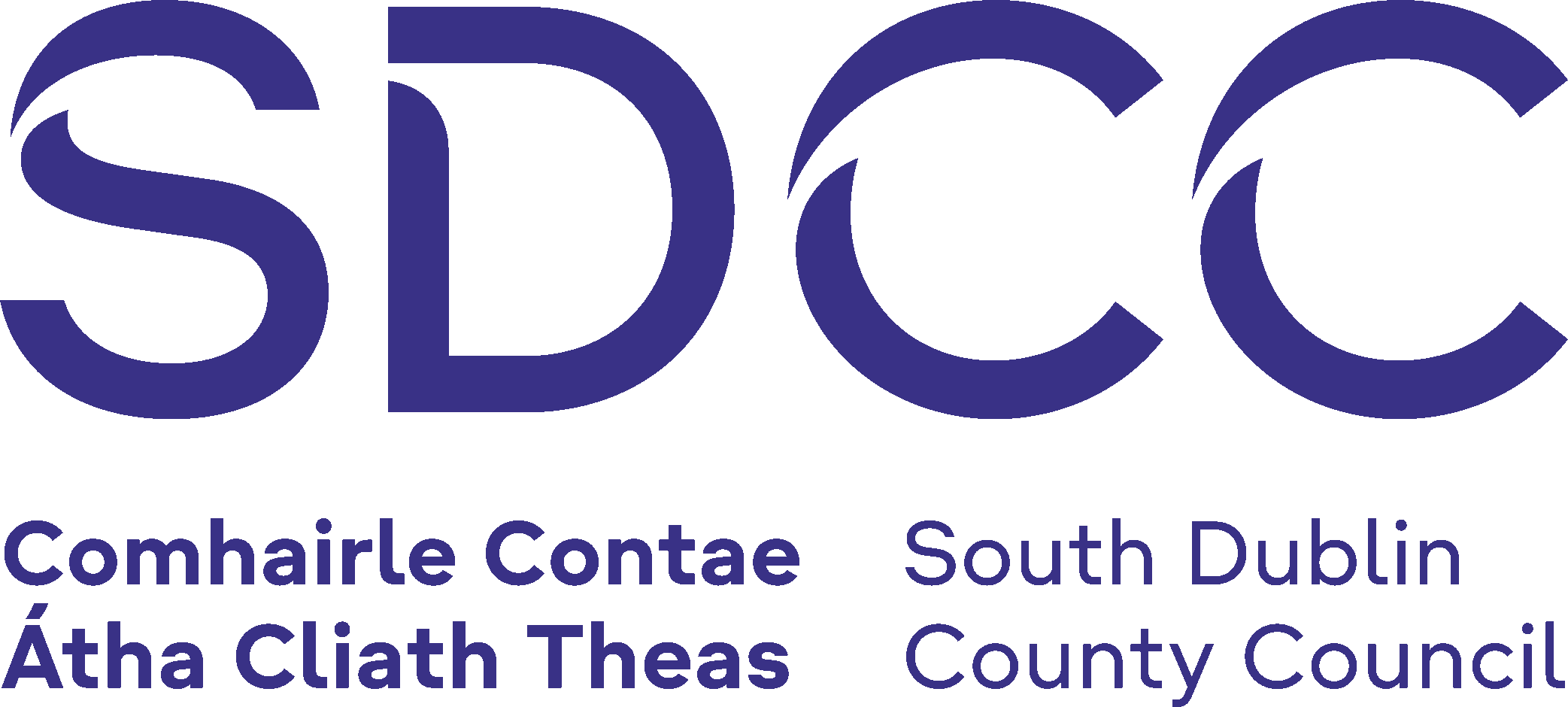
News
Making new homes for frogs in our Parks
The Common Frog is the only species of frog found in Ireland. It is a protected species nationally under the Wildlife Act and also under the European Habitats Directive.
While it is considered to be widespread and common in Ireland, across the rest of Europe the Common Frog is seen to be a vulnerable species. This makes the Irish population an important one in a European context.
In Ireland, it is recognised that the frog’s preferred habitat of shallow pools with associated damp and overgrown habitats are gradually being lost to land drainage, urbanisation, industrial development and water pollution.
For this reason, SDCC are looking at ways that frog habitats in our parks can be protected, enhanced, or created.
In conjunction with the Herpetological Society of Ireland, the Council’s Heritage Officer is working with the Public Realm Section to identify locations in our parks where suitable shallow ponds can be constructed.
These ponds will provide breeding places for amphibians like the Common Frog and the Smooth Newt. They will be shallow (less than 0.5m) with gently sloping edges that will be planted with water plants.
.jpg)
Frogs and newts only spend some of the year in water, mainly during breeding season in springtime. For the rest of the year they live on land, feeding on slugs, flies and earth worms.
The land around the breeding ponds will therefore need to provide the right opportunities for feeding, such as tussocky grass or bushy plants with small heaps of stones or logs where they can feed and hibernate. Connections to local hedgerows allow them to range further afield when necessary.
The locations for the proposed frog ponds are currently being carefully chosen so as to provide the best opportunities for amphibians, while also being mindful of the requirements of other general park users and amenity issues.
The ponds will also offer significant additional benefits for biodiversity in general, such as our birds and our pollinating insects.
For more information contact Rosaleen Dwyer, Heritage Officer by email: heritage@sdublincoco.ie
Next Item
